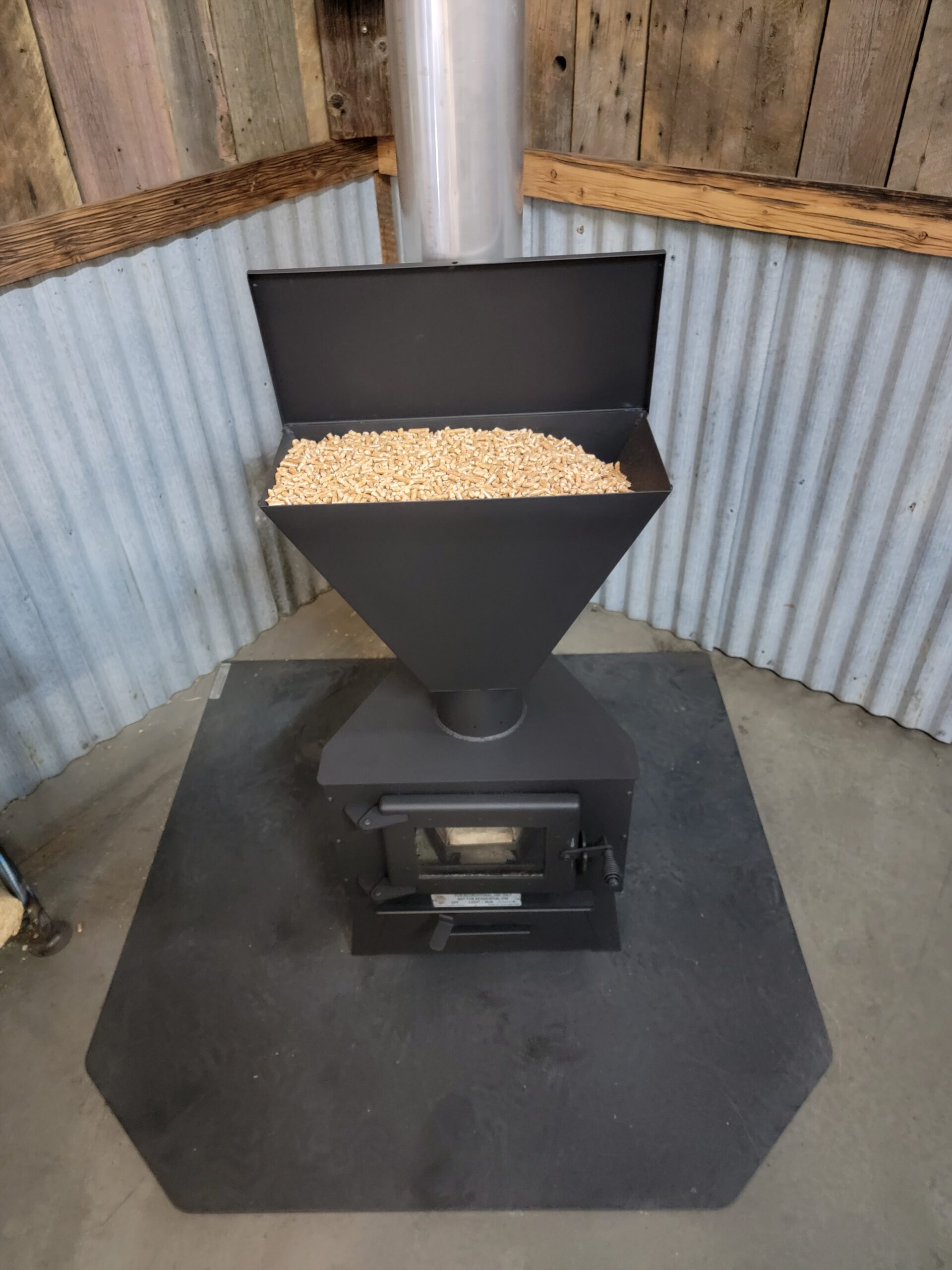
Introduction:
When it comes to camping in cooler temperatures, having a reliable heating solution in your tent is essential. Two popular options for heating camping tents are pellet stoves and wood stoves. In this comprehensive review, we will compare the advantages, disadvantages, and overall performance of tent pellet stoves and tent wood stoves. By examining their features, efficiency, convenience, and environmental impact, we aim to help you make an informed decision about which option is best suited for your camping needs.
1. Understanding Tent Pellet Stoves:
Tent pellet stoves are a modern heating solution that utilizes compact pellets made from compressed sawdust or other organic materials as fuel. These stoves are known for their efficiency and convenience. They often feature automatic ignition and adjustable heat settings, allowing campers to easily regulate the temperature inside their tent. The use of pellets also means there is no need to gather and store firewood, simplifying the camping experience.
However, it's important to note that tent pellet stoves require a power source, typically in the form of a battery or electricity. This reliance on power can limit their use in remote or off-grid camping locations. Additionally, while pellet stoves are generally clean-burning and produce minimal smoke, some models may still emit a faint odor that could be noticeable in a small tent.
2. Exploring Tent Wood Stoves:
Tent wood stoves are a traditional and time-tested heating option for camping. These stoves burn wood logs or twigs as fuel and are appreciated for their simplicity and versatility. Wood stoves provide a cozy and authentic camping experience, with the crackling sound of burning wood adding to the ambiance. They also offer the advantage of being usable in off-grid locations, as they do not rely on external power sources.
Wood stoves do require more effort in terms of gathering and preparing firewood. Campers will need to ensure they have a sufficient supply of dry and seasoned wood for the duration of their trip. Additionally, wood stoves produce more smoke compared to pellet stoves, which can be a concern in terms of air quality and potential impact on the environment.
3. Efficiency and Heat Output:
Both tent pellet stoves and tent wood stoves are capable of providing ample heat to keep your tent comfortable in cooler temperatures. However, there are some differences in terms of efficiency and heat output.
Tent pellet stoves are known for their high efficiency, with some models boasting efficiency ratings of over 90%. They are designed to burn pellets with minimal waste, maximizing heat production. Pellet stoves also offer precise temperature control, allowing you to adjust the heat output to your desired comfort level.
On the other hand, tent wood stoves may not be as efficient as pellet stoves, but they still provide reliable heat. The heat output of a wood stove largely depends on the quality and type of wood used. Hardwoods such as oak or maple tend to burn longer and produce more consistent heat compared to softwoods. It's important to note that wood stoves require proper ventilation to prevent the accumulation of smoke inside the tent.
4. Convenience and Portability:
When it comes to convenience and portability, tent pellet stoves and tent wood stoves have their own considerations.
Tent pellet stoves are generally more convenient to use. They often feature automatic ignition, adjustable heat settings, and even programmable timers. These features make it easier to control the temperature inside your tent without constant monitoring. Pellet stoves are also lighter and more compact compared to wood stoves, making them easier to transport.
In contrast, tent wood stoves require manual ignition and regular tending to maintain a consistent fire. They may take more time and effort to set up and require periodic feeding of wood. Wood stoves tend to be bulkier and heavier than pellet stoves, which can be a factor to consider if you have limited space or need to carry your stove over long distances.
5. Environmental Impact:
Considering the environmental impact of your camping gear is crucial for responsible outdoor enthusiasts. Both tent pellet stoves and tent wood stoves have their own considerations in this regard.
Tent pellet stoves are generally considered more environmentally friendly. Pellets are made from waste materials and are a renewable energy source. They produce minimal ash and emissions, making them a cleaner-burning option. However, the production and transportation of pellets do have some carbon footprint associated with them.
Tent wood stoves, while providing a more traditional camping experience, do have a larger environmental impact. Burning wood releases carbon dioxide and other pollutants into the air. It's important to use sustainably sourced firewood and follow Leave No Trace principles when using a wood stove to minimize the impact on the environment.
Conclusion:
Choosing between a tent pellet stove and a tent wood stove ultimately depends on your specific camping needs and preferences. Tent pellet stoves offer convenience, efficiency, and ease of use, particularly in locations with access to power. Tent wood stoves provide a more traditional camping experience, with thecrackling sound of burning wood and the ability to use them in off-grid locations. Consider factors such as power availability, convenience, heat output, and environmental impact when making your decision.
In summary, if you prioritize convenience, adjustable heat control, and ease of use, a tent pellet stove might be the best option for you. On the other hand, if you value the traditional camping experience, versatility in remote locations, and are willing to put in the effort to gather and maintain a wood fire, a tent wood stove could be the preferred choice. Whichever option you choose, both tent pellet stoves and tent wood stoves can provide reliable heating solutions for comfortable camping in cooler temperatures.
